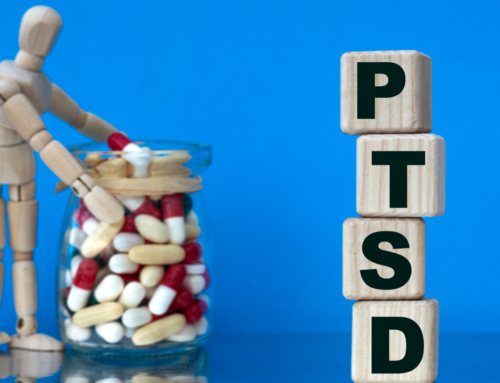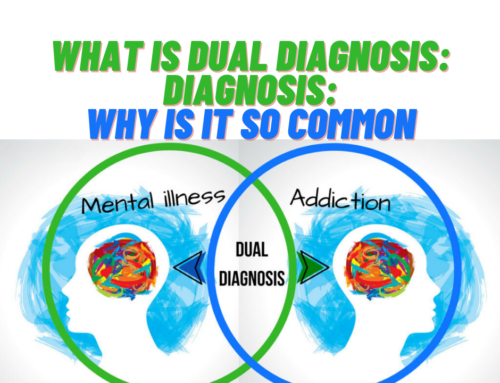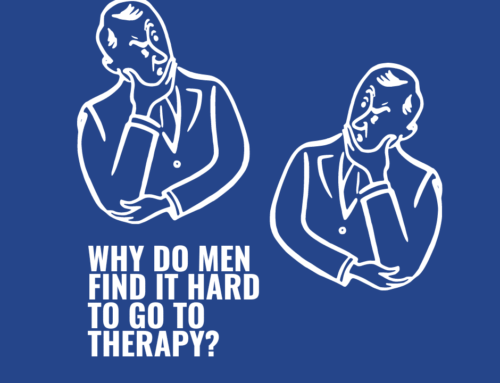According to the National Institute on Drug Abuse, 40 to 60 percent of people will relapse within a year getting treatment for a substance use disorder. Contrary to popular belief, a relapse isn’t something that just happens out of nowhere. Although some people may have a personal crisis that quickly leads to relapse, there are typically three stages of relapse.
Emotional
Emotional relapse is when someone starts to feel a bit negative about recovery. They may become cynical or pessimistic. At this point, they aren’t even thinking about relapsing and they really want to stay sober because they remember how bad things got when they were drinking or using drugs. However, they’re aren’t feeling great. They may start bottling up their emotions, isolating themselves, eating poorly, or not sleeping enough. In general, they stop doing the things they need to do to stay mentally healthy.
Emotional relapse is when it’s easiest to get back on course. You can do this by talking to your therapist about what’s going on, returning to meetings and sharing, and paying attention to self-care with things like healthy food and plenty of sleep. Emotional awareness and emotional regulation skills are especially helpful for noticing emotional relapse and making corrections.
Mental
Mental relapse is when someone first becomes aware of a desire to use again. That doesn’t mean they want to use again, just that they’re conflicted. As mental relapse progresses, the desire to relapse gets the upper hand. Some symptoms of mental relapse include craving drugs or alcohol, thinking about people you used to use with, reminiscing about drinking or using, bargaining, looking for excuses to relapse, or actually planning to relapse.
Early in the mental relapse phase might be your last chance to turn things around before a physical relapse. One thing you can do is “play the tape.” This is when you visualize, as vividly as possible, the consequences of a relapse beyond the initial gratification. Imagine your own remorse and your family’s disappointment. Remember how bad things were when you finally decided to get sober. Talk to your therapist or engage with your group and start paying attention to self-care.
Physical
Physical relapse is what most people think of as relapse. This is when you actually start using again. This may be a slip-up, such as when you have a few drinks and regret it or it may be a full relapse where you go back to drinking or using drugs uncontrollably. The severity of a relapse determines what course of action you have to take to get sober again.
At Alta Lama Transformational Services, you will meet knowledgeable, compassionate professionals that understand addiction in all its forms. Alta Lama uses an integrative and holistic approach to treat addiction and mental health issues. No treatment is one-size-fits-all, where you will have a team of experts prepared to create your customized treatment plan. We offer care for your mind, body, and spirit, so that you can heal from the inside out and look forward to a lifetime of sobriety and wellness. If you are ready to take the first step in your recovery, please call us at 866-457-3843.



